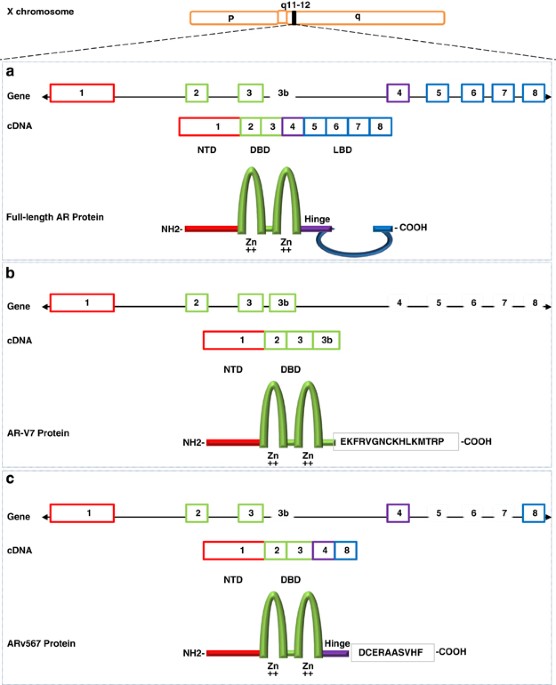
Targeting the androgen receptor pathway in castration-resistant prostate cancer: progresses and prospects
- Select a language for the TTS:
- UK English Female
- UK English Male
- US English Female
- US English Male
- Australian Female
- Australian Male
- Language selected: (auto detect) - EN
Play all audios:
Androgen receptor (AR) signaling is a critical pathway for prostate cancer cells, and androgen-deprivation therapy (ADT) remains the principal treatment for patients with locally advanced
and metastatic disease. However, over time, most tumors become resistant to ADT. The view of castration-resistant prostate cancer (CRPC) has changed dramatically in the last several years.
Progress in understanding the disease biology and mechanisms of castration resistance led to significant advancements and to paradigm shift in the treatment. Accumulating evidence showed
that prostate cancers develop adaptive mechanisms for maintaining AR signaling to allow for survival and further evolution. The aim of this review is to summarize molecular mechanisms of
castration resistance and provide an update in the development of novel agents and strategies to more effectively target the AR signaling pathway.
Abiraterone acetate was developed at The Institute of Cancer Research (ICR), which therefore has a commercial interest in the development of this agent. JSdB received consulting fees from
Ortho Biotech Oncology Research and Development (a unit of Cougar Biotechnology), consulting fees and travel support from Amgen, Astellas, AstraZeneca, Boehringer Ingelheim, Bristol-Myers
Squibb, Dendreon, Enzon, Exelixis, Genentech, GlaxoSmithKline, Medivation, Merck, Novartis, Pfizer, Roche, Sanofi-Aventis, Supergen and Takeda, and grant support from AstraZeneca and
Genentech. GA received consulting fees and travel support from Janssen-Cilag, Veridex, Roche/Ventana and Millennium Pharmaceuticals, lecture fees from Janssen-Cilag, Ipsen, Takeda and
Sanofi-Aventis and grant support from AstraZeneca and Genentech. GA is on the ICR rewards to inventors list of abiraterone acetate.
Anyone you share the following link with will be able to read this content: